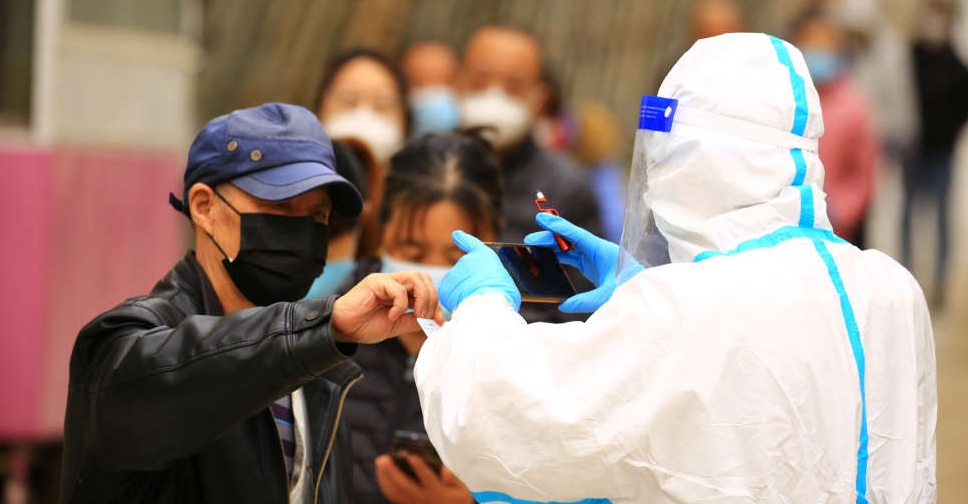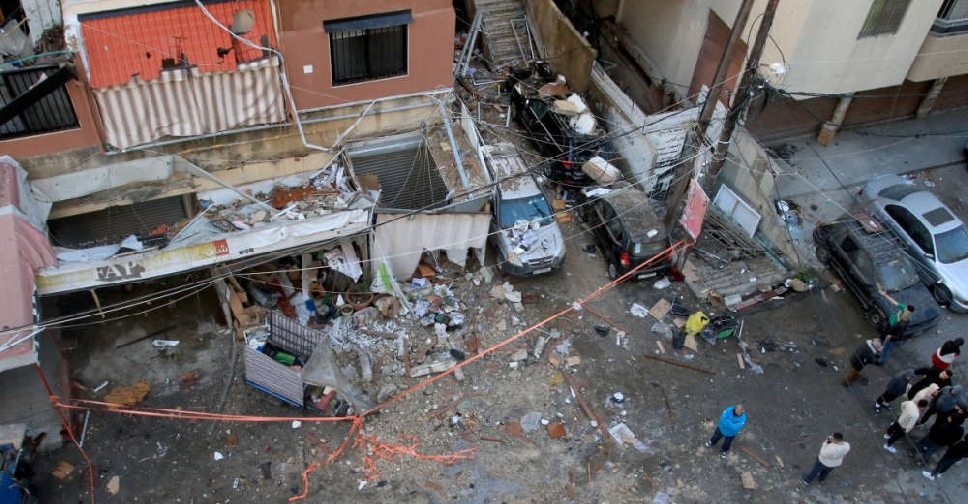
Frustration simmered on Friday among residents and business groups in China navigating stricter COVID-19 control curbs as the country reported another record high of daily infections just weeks after hopes had been raised of easing measures.
The resurgence of COVID cases in China, with 32,695 new local infections recorded for Thursday, has prompted widespread lockdowns and other curbs on movement and business, as well as pushback.
China's COVID response is taking a mounting toll on the world's second-largest economy, and on Friday its central bank made a widely-anticipated move of support, cutting the amount of cash that banks must hold as reserves. This releases 500 billion yuan ($69.8 billion) in long-term liquidity.
The French Chamber of Commerce in China urged authorities to properly implement COVID "optimisation" measures announced two weeks ago, in a statement shared extensively on social media after the French embassy posted it on its Twitter-like Weibo account on Thursday.
The 20 measures, which include shortened quarantines and other more targeted steps, had "given hope" to French companies for more bilateral trade and economic exchanges, but "good policies also need to be implemented in a uniform manner and without adding layers of other contradicting policies," the chamber's statement said.
The announcement of the 20 measures, just as rising cases prompted an increasingly heavy response under China's strict zero-COVID approach, has caused widespread confusion and uncertainty in big cities, including Beijing, where many residents are locked down at home.
'DRACONIAN APPROACH'
China defends President Xi Jinping's signature zero-COVID policy as life-saving and necessary to prevent overwhelming the healthcare system.
Many analysts expect a significant easing of the coronavirus curbs only from next March or April at the earliest, with some experts warning that China must significantly ramp up vaccinations and change its messaging in a country where fear of COVID runs high.
A move towards living with COVID in the medium-term would be difficult, said Singapore-based ING economist Rob Carnell.
At the world's largest iPhone factory in the central city of Zhengzhou, more than 20,000 new hires have left after COVID-related worker unrest this week, further imperilling output at Apple supplier Foxconn's plant there, Reuters reported.
References to a speech by a man in the southwestern city of Chongqing who called for the government to admit its mistakes on COVID were shared widely on Chinese social media.
The man was later seen being bundled towards a police car by security personnel, prompting angry shouts from onlookers.
Hashtags related to the man, who netizens have called "Chongqing's superman brother" or "Chongqing hero", were censored on Friday. But individual users continued to show support by posting subtle messages or cartoon pictures of him.
ALTERNATIVE APPROACHES?
As lockdowns afflict more people, some are proposing alternative approaches. In Beijing, residents of some compounds shared on WeChat proposals for how infected neighbours could quarantine at home if they did not display serious symptoms.
It's not clear whether such initiatives would succeed.
Notices listing the circumstances under which health workers may remove a person from their home, aimed at educating people of their rights if asked to be taken to a quarantine centre, were also circulated online.
Oxford Economics senior economist Louise Loo said that reports of public dissatisfaction across provinces in partial or full lockdowns have gained momentum, as was the case during the last big outbreak in April, although these "don't yet reflect large-scale collective action".
"As before, we expect officials to be able to respond swiftly to stem the social risk of escalating protests, either through a combination of heavier-handed information controls or with piecemeal easing of restrictions," Loo wrote.
Although the April outbreak was concentrated in Shanghai, case clusters this time are numerous and far-flung.
The southern city of Guangzhou and southwestern Chongqing have recorded the bulk of cases, while cities including Chengdu, Jinan, Lanzhou, Xian and Wuhan logged hundreds of new infections daily. Beijing reported 1,860 cases for Thursday.
In the east, Nanjing in Jiangsu province said it would conduct mass testing for five straight days from Saturday, the latest city to announce such plans.




 Trump fires National Security Agency director
Trump fires National Security Agency director
 Israel steps up Syria strikes, says Turkey aims for 'protectorate'
Israel steps up Syria strikes, says Turkey aims for 'protectorate'
 US sending Israel 20,000 assault rifles that Biden delayed
US sending Israel 20,000 assault rifles that Biden delayed
 Israel says it killed a Hamas commander in Lebanon
Israel says it killed a Hamas commander in Lebanon



